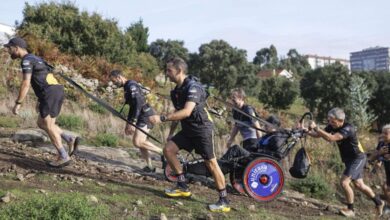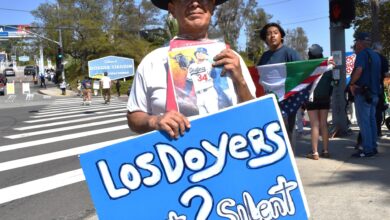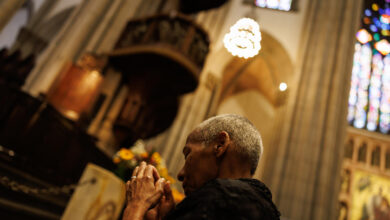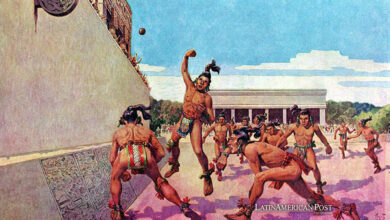New Cash Prize for Olympic Gold Medalists: A Boost for Latin American Athletes
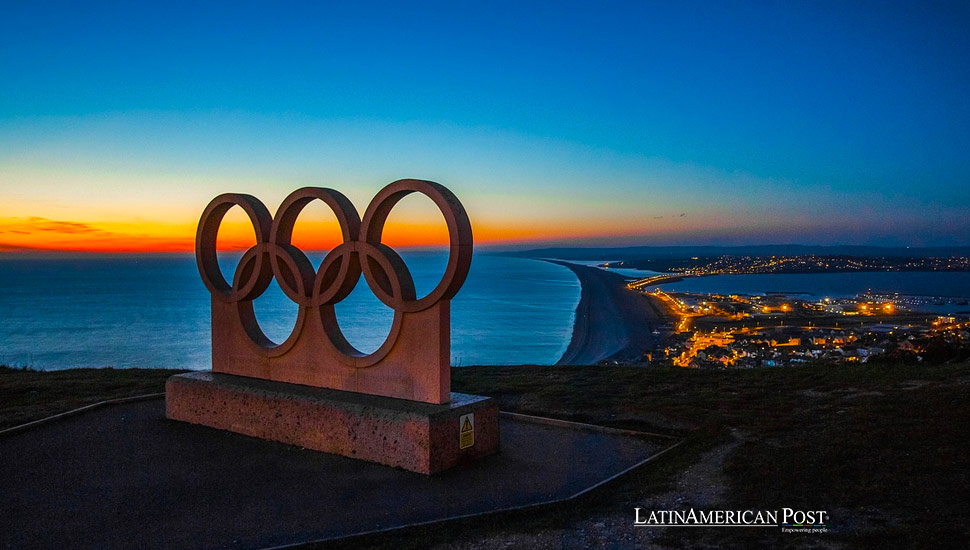
Starting in Paris 2024, a new $50,000 cash prize for Olympic gold medalists, supported by legends like Brazil’s Felipe Toledo, Edwin Moses, and Martina Navratilova, promises to revolutionize athlete compensation and drive equality and professionalization across Latin America.
The announcement by World Athletics to award a $50,000 prize for each Olympic gold medal from Paris 2024 onwards has ignited a wave of support from sporting legends and sparked a debate about the future of athlete compensation. Though viewed critically by other sports federations as potentially undermining the Olympic spirit, this policy is seen by many as a long-overdue step toward rectifying the economic disparities in global sports, particularly in Latin America.
Embracing Equality and Inclusion
Brazilian surfer Filipe Toledo, a two-time world champion, has welcomed this change, emphasizing its significance for the professionalization of athletes and the advancement of equality and inclusion goals. “It’s wonderful,” Toledo remarked. “Equal prizes for men and women open opportunities and foster growth.” This sentiment is especially poignant in regions like Latin America, where sports often serve as a pathway out of poverty and a platform for social mobility.
The endorsement of the prize money by sporting greats such as Edwin Moses, a two-time Olympic champion, and Martina Navratilova, a nine-time Wimbledon champion, underscores a significant shift. Moses, who has advocated for athlete compensation for decades, reflected on his experiences navigating the blurred lines between amateurism and professionalism. “It’s not new, but we’ve waited 40 years for this to come to the surface,” Moses shared.
This financial incentive could be transformative for Latin American athletes, who often compete on an uneven playing field due to limited access to resources and training facilities compared to their counterparts in wealthier nations. The prize offers a direct benefit and symbolizes a broader recognition of their efforts and sacrifices.
Correcting Imbalance: A Step by World Athletics
Historically, the Olympic Games have been lucrative for everyone except the athletes. As Navratilova pointed out, “The Olympics are always the biggest event where everyone except the athletes makes money.” This new initiative by World Athletics, spearheaded by Sebastian Coe, a Laureus Academy member and the president of World Athletics, aims to correct this imbalance.
The Association of Summer Olympic International Federations (ASOIF) reaction highlights a tension between traditional Olympic amateurism and the modern professional sports landscape. ASOIF argues that unilateral financial rewards could undermine the spirit of the Olympics. However, advocates for the change say that professionalization does not detract from the games’ integrity but enhances it by acknowledging and rewarding the hard work and dedication of the athletes.
In Latin America, where many sports remain underfunded and underrecognized, introducing significant prize money for Olympic success could spur more excellent investment in sports development. Countries like Brazil, Argentina, and Colombia could see increased youth participation in sports, improved sporting infrastructure, and enhanced national pride and international standing in athletics.
Furthermore, the equal prize money for male and female athletes represents a progressive step towards gender equality in sports. In this field, disparities in pay and media coverage have long been criticized. This move could encourage more young women in Latin America to pursue athletics, knowing their potential Olympic success will be rewarded just as handsomely as their male counterparts.
Motivation and Recognition for Athletes
Toledo’s perspective as a Brazilian athlete highlights the broader implications of this policy. In a region passionate about sports, where athletes are often seen as national heroes, financial recognition of their achievements can provide significant motivation and open up sports to broader segments of society. It ensures that athletes can focus on training without financial constraints, often a substantial barrier in less affluent countries.
This shift also invites corporate sponsors and governments in Latin America to reevaluate their support for athletes. With Olympic success now promising significant financial returns, there may be a stronger incentive for increased corporate and governmental investment in athletes and sports programs. This, in turn, can lead to better facilities, more comprehensive training programs, and a higher standard of competition.
As the Paris 2024 Olympics approach, the implementation of this policy will be closely watched. The success of athletes like Toledo can serve as a beacon for young hopefuls across Latin America, demonstrating that the world is starting to value their contributions equally. If successful, this could begin a new era where sports are not just a pursuit of passion but a viable career choice supported by the prospect of fair compensation.
Also read: Brazilian Adventure Has Packers-Eagles Clashing Amidst Color Conundrum
While the debate around the new prize policy will likely continue, its potential to foster a more inclusive, equitable, and professional sports environment is undeniable. For Latin America, where the spirit of sport runs deep, this could be the catalyst needed to elevate local talent onto the global stage, transforming the lives of many and the sporting culture of the region.

